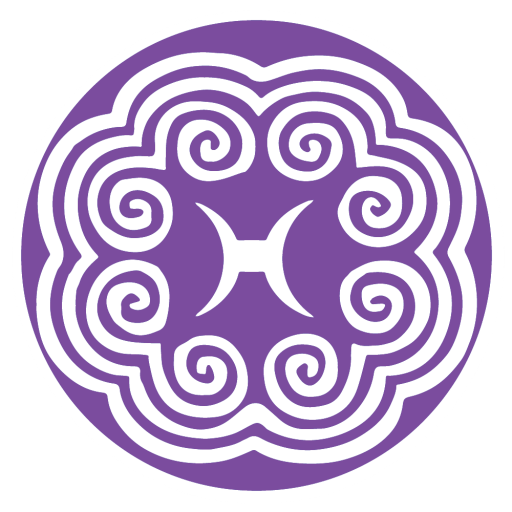Born in Minneapolis, Minnesota in a first generation Hmong family, Danielle Lor Vang is the second oldest out of four children. Working as a contact center team coach, Danielle works with a diverse group of people. In her free time, she enjoys watching films, TV shows, reading, and spending time with her family.
“So, I think the biggest thing that a lot of . . . sometimes I feel, this is just my opinion, sometimes I feel like Hmong people limit themselves we don’t believe that we’re a lot more complex or have a lot more variety and nuance in our community. I think people outside our community may view us that way too. But I think there is a lot of complexity and nuances, we’re growing, we’re changing. We have different occupations, so it affects all of us. And we live in different regions of Minnesota now, so it’s not all the same. So someone from the north side of Minneapolis, that Hmong person is completely different from someone who’s from the east side of St. Paul. They just have different ways of speaking, of viewing things, of doing things the way they present themselves”
“I remember in the middle of the year, towards the spring for some reason the Hmong males and some of the black males started this racial tension thing, and I was torn up about it because I had a lot of black friends and obviously I’m Hmong too. It really tore me up, I don’t remember if I went and talked to a teacher about it, but the teachers were very aware of it too, and I think they handled it well. I remember them stating that this wasn’t going to be tolerated, you know, probably in their minds thinking, “You’re all students of color, why are you treating each other like this?” You know, there’s a history of racism, and the civil rights movement and everything, they just, I remember they talked a lot about unity and once the staff saw it they nipped it in the bud and that was the end of that. But that was really stressful because before the staff knew about it I believe there was even some physical fighting about it. I remember my brother being scared too sometimes, my older brother. So it was scary you know because it’s like, okay, you hate me because I’m Hmong. So that was hard”
“I was born in Minneapolis. My family, we first grew up in the urban housing development, or projects we like to call it. We grew up in that urban housing . . . assisted housing near Olson Memorial highway with the brick houses and everyone knew everybody. I grew up there and it was very close knit. A lot of my family, extended family, aunts and uncles lived two houses over, so it was very close knit. Everybody was from the same background and had a very humble beginning so we all knew each other and we didn’t really know anything else. Didn’t even know we lived in assisted housing. There was a playground backyard and it was very, very fun. I just remember always being surrounded by family and it was a great time, and there was never a time where you felt bored or not knowing what to do. Everybody was always together and that sense of love was always there”
“When I say “New Tradition” that’s probably just one of the many, and when I say that it just — if I were to call my parents traditional, when you hear that word you probably think that they don’t speak a lot of English and that they’re probably very . . . the traditional mindset when I hear a traditional Hmong person is someone who is very, only advocates Hmong traditions only. They don’t like to explore new options, they don’t like to . . . or they don’t explore new options, it’s not like they don’t like to. They just like to stick to their old ways. When I say new, it’s almost like a hybrid where my parents they are still extremely traditional but they explore new things too. They speak very good English, they’re both . . . they both have education. They both have Bachelor’s degrees. And they’re both very involved with the Hmong community. If my grandmother were to pass away they would do a very traditional funeral with a new twist”
